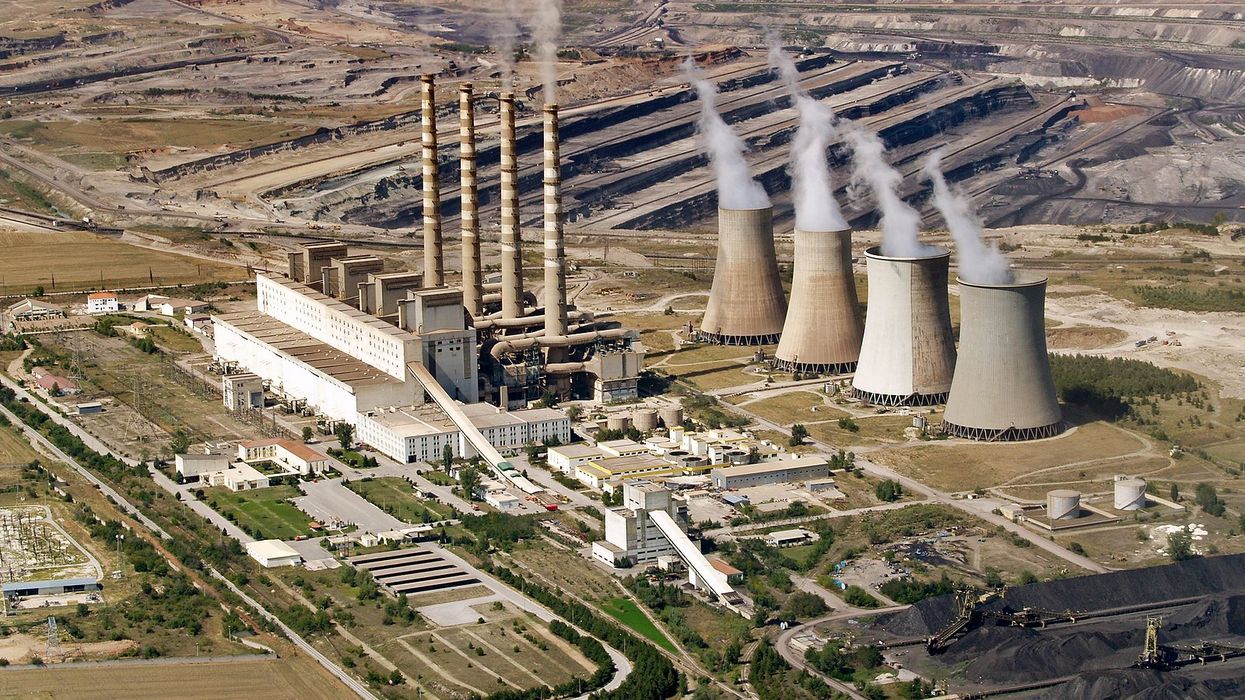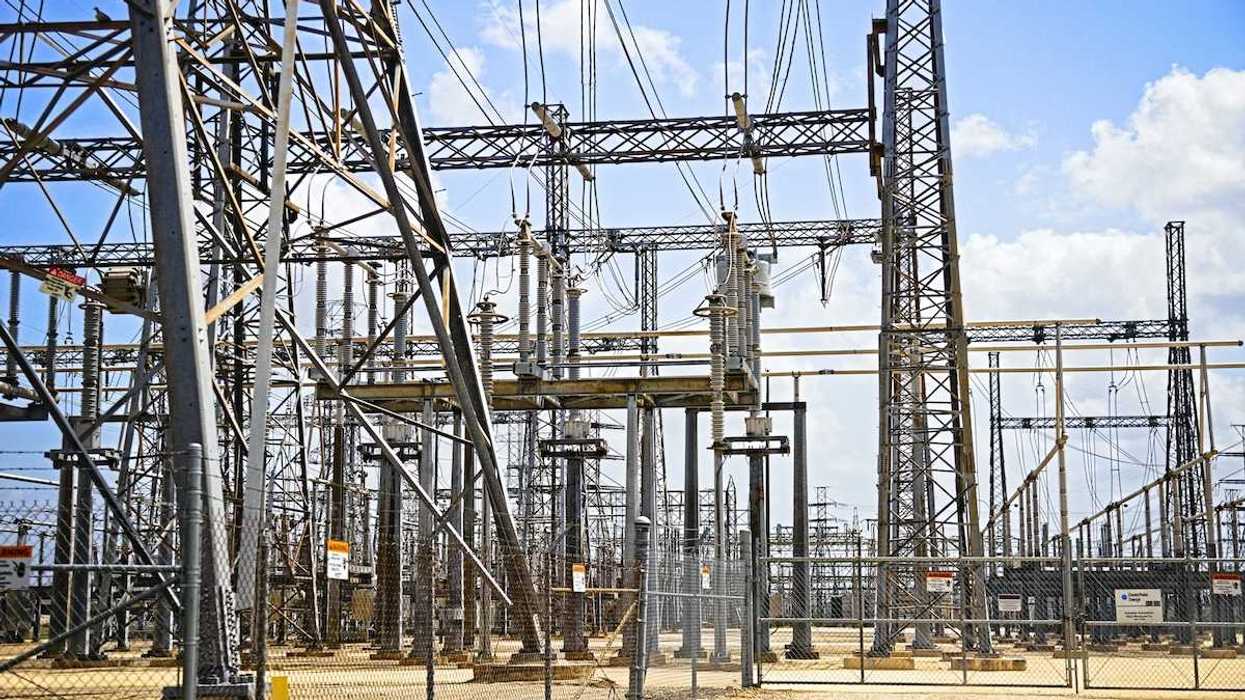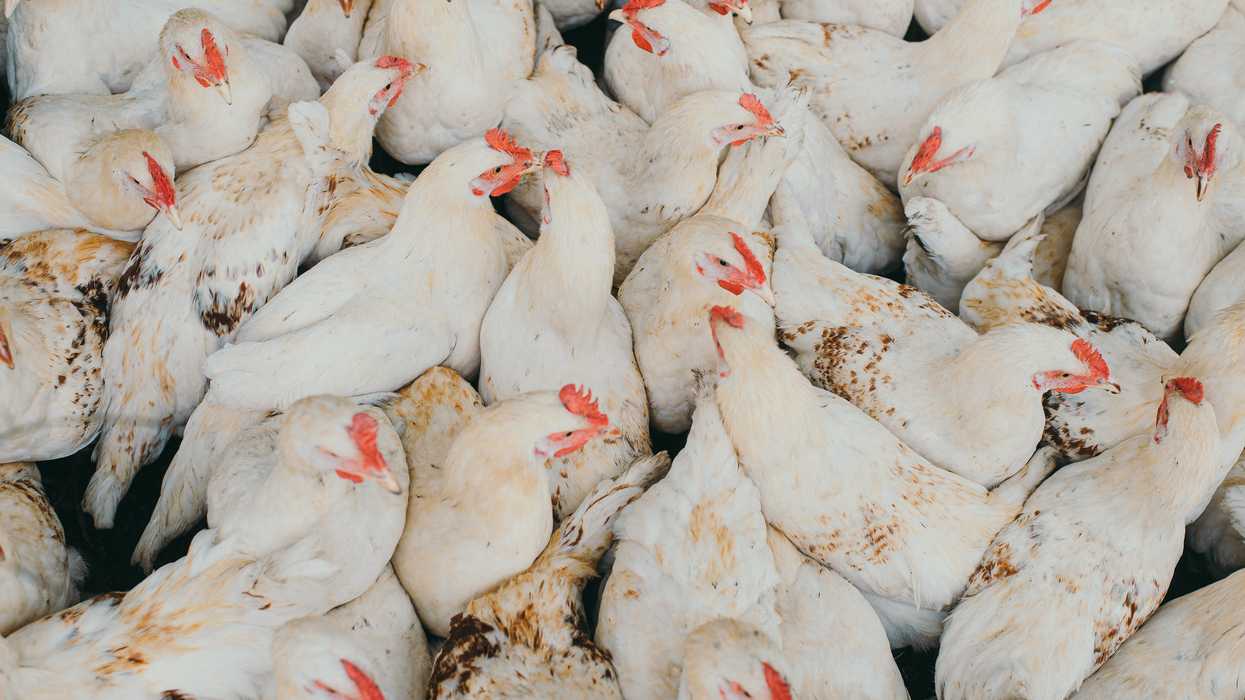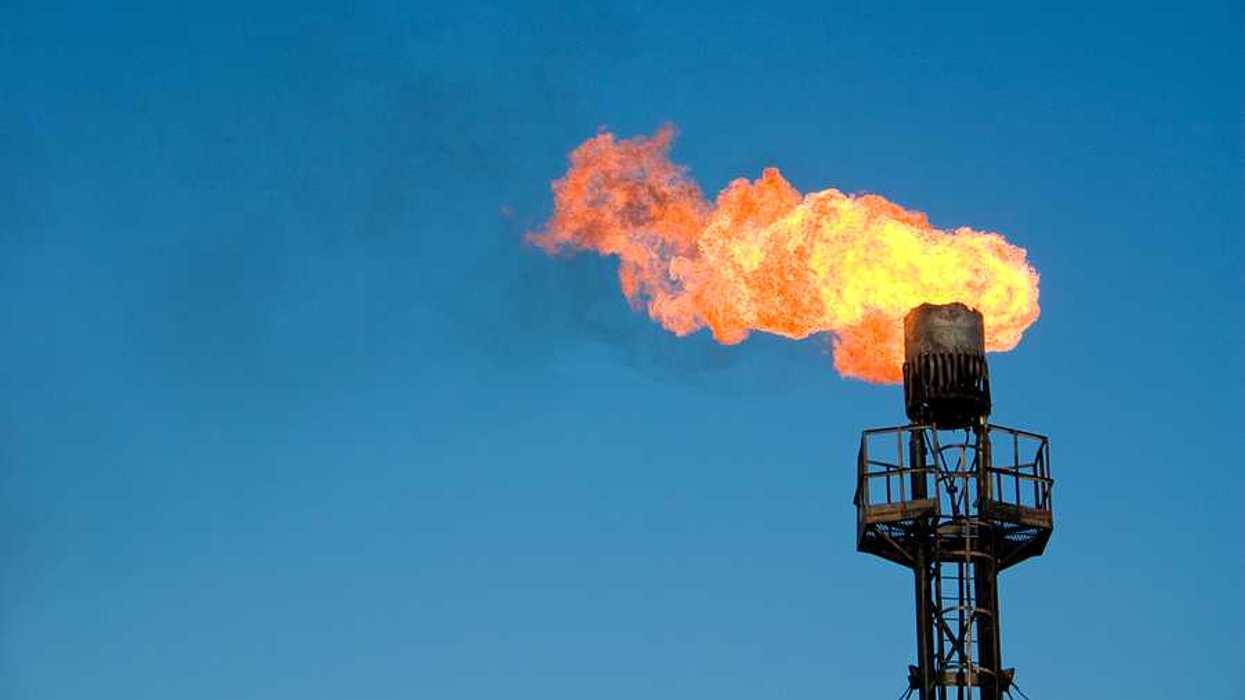A recent outbreak of flu-like symptoms among the Korubo people in Brazil's Javari Valley has sparked concerns of a potential epidemic, exacerbated by inadequate healthcare and the presence of illegal activities in the region.
Flávia Milhorance reports for The Guardian.
In short:
- More than 80% of the Korubo tribe has exhibited flu symptoms, with cases of pneumonia affecting the very young.
- A health boat intended to provide care is poorly equipped and understaffed, worsening the community's vulnerability.
- Illegal invasions and environmental policies under previous administrations have heightened the risks to Indigenous peoples' health and safety.
Key quote:
“The vulnerability of this community is extremely high; any infection can quickly escalate into an epidemic.”
— Manoel Chorimpa, local Indigenous leader and OPI advisor
Why this matters:
Indigenous communities face myriad healthcare challenges — particularly in remote areas — with pandemic threats reflecting the broader implications of negligent environmental and health policies on vulnerable populations. By connecting the dots between medical symptoms and patterns of injustice, we can move from simply managing suffering to delivering a lasting cure.














